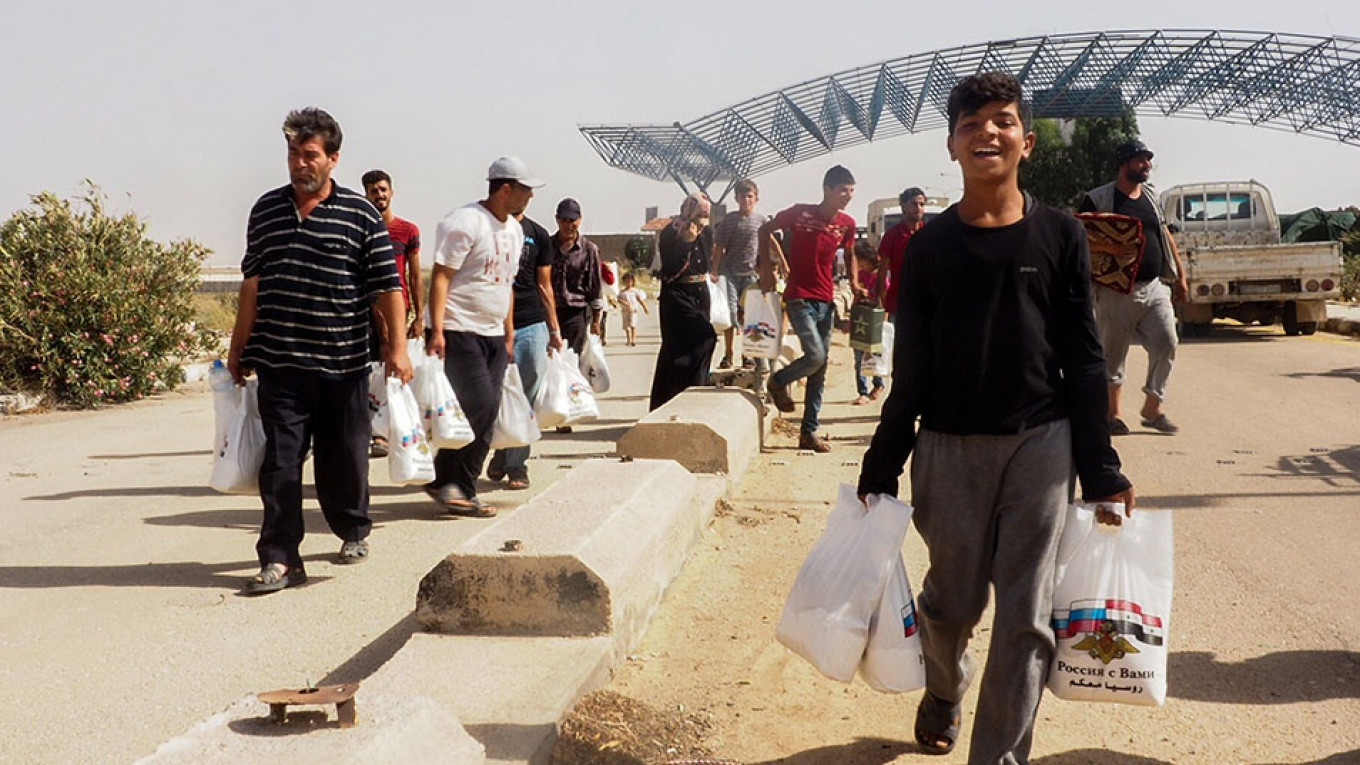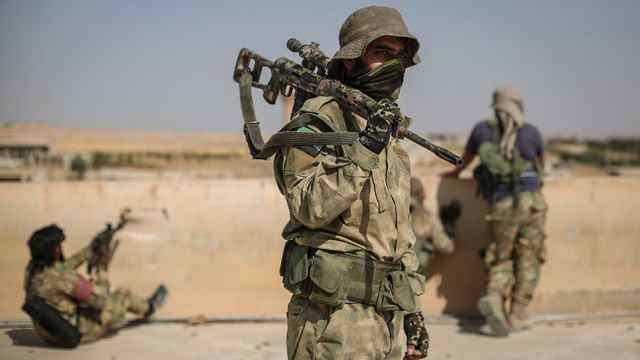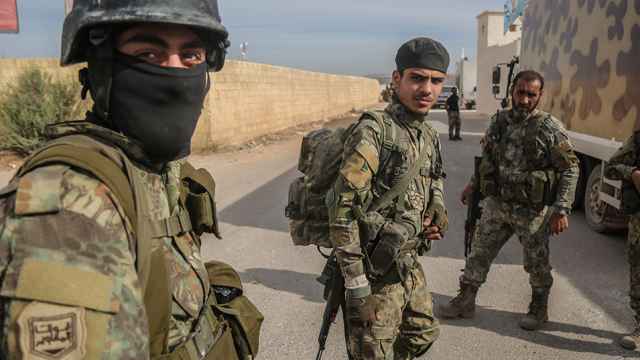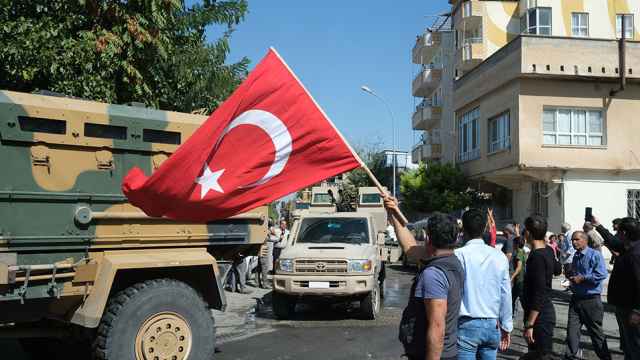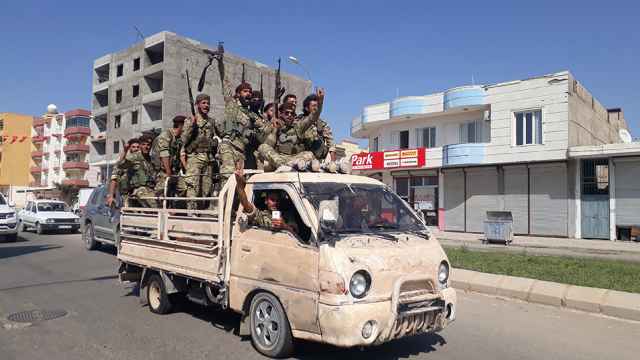Russia will help Lebanon return refugees to neighbouring Syria, Foreign Minister Sergei Lavrov said on Monday, accusing the United States of impeding the general repatriation process by declining to assist in Syria's reconstruction.
Lavrov also called on opposition groups in the rebel-held Syrian province of Idlib to distance themselves from the Nusra Front group, formerly the local branch of al Qaeda.
The province was hit by a wave of air strikes and shelling earlier this month, in a possible prelude to a government offensive to regain control.
"We agreed that Lebanon should not be the subject of foreign interference, a pawn in geopolitical games, or a hostage of the Syrian crisis and its negative consequences such as the problem of Syrian refugees," Lavrov said after talks with his visiting Lebanese counterpart, Gebran Bassil.
According to the U.N.’s refugee agency, nearly 5.5 million Syrians have fled abroad to escape the country's war.
Lebanon hosts more than 1 million Syrian refugees, equal to more than a quarter of its population, and Bassil told reporters Beirut saw no reason for refugees to remain on its territory.
Lavrov accused Washington of being interested in rebuilding only parts of Syria where the opposition to Russia's ally, President Bashar al-Assad, was active.
Acting U.S. Assistant Secretary David Satterfield has said the United States and other countries would not contribute to Syria's full reconstruction until there was a "credible and irreversible" political process underway to end the conflict.
On Idlib, Lavrov said Russia wanted rebels to separate themselves from groups Moscow regards as extremists.
Idlib in northern Syria is part of the last significant rebel-held area in Syria and Assad, who is backed by Moscow, has said his forces will recapture the region.
A Message from The Moscow Times:
Dear readers,
We are facing unprecedented challenges. Russia's Prosecutor General's Office has designated The Moscow Times as an "undesirable" organization, criminalizing our work and putting our staff at risk of prosecution. This follows our earlier unjust labeling as a "foreign agent."
These actions are direct attempts to silence independent journalism in Russia. The authorities claim our work "discredits the decisions of the Russian leadership." We see things differently: we strive to provide accurate, unbiased reporting on Russia.
We, the journalists of The Moscow Times, refuse to be silenced. But to continue our work, we need your help.
Your support, no matter how small, makes a world of difference. If you can, please support us monthly starting from just $2. It's quick to set up, and every contribution makes a significant impact.
By supporting The Moscow Times, you're defending open, independent journalism in the face of repression. Thank you for standing with us.
Remind me later.


